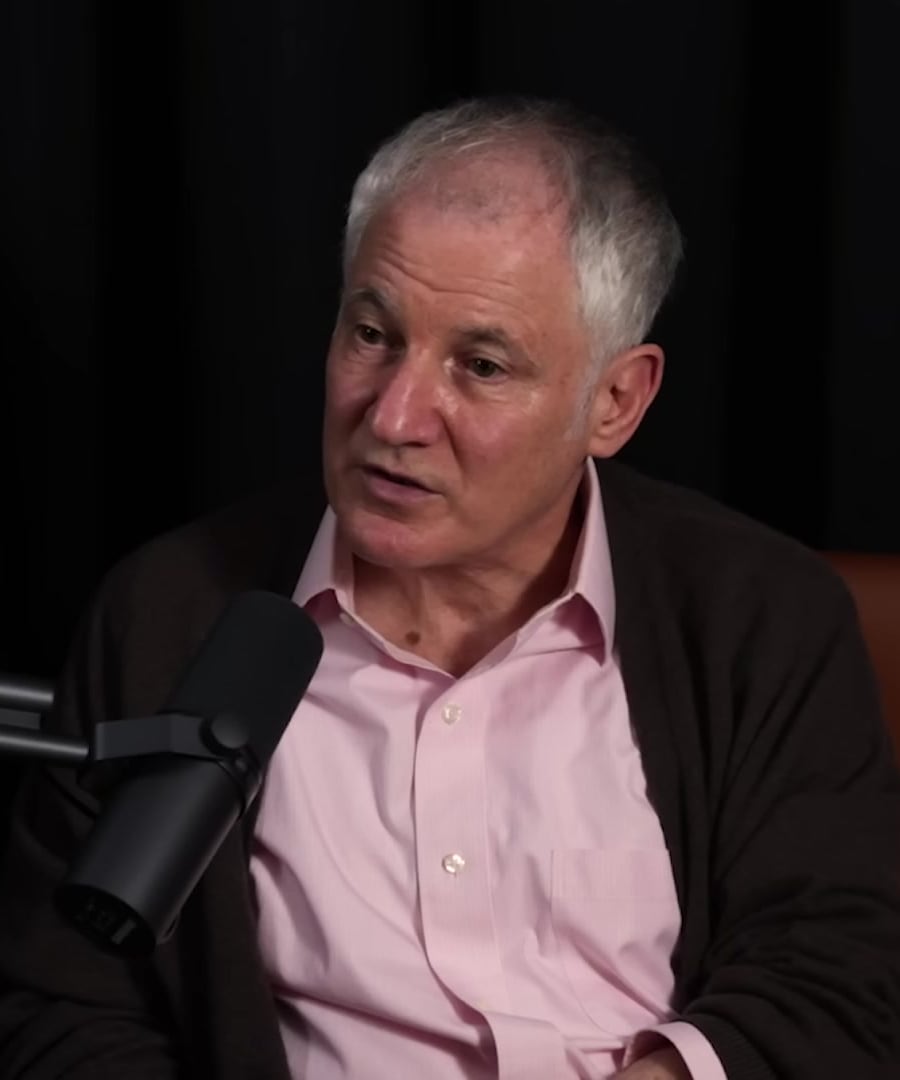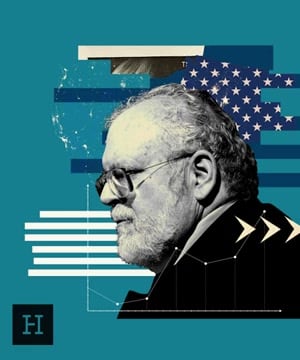Western relations
Sources:
Western relations often involve complex dynamics between power, cooperation, and competition. Experts provide several insights into these intricacies:
-
Western Hypocrisy and Power: According to , non-Western countries admire the West but also resent its hypocrisy and excessive power. The West often exercises its authority without sufficient consultation, leading to resentment and calls for more inclusive international institutions. Kotkin notes the West’s tendency to impose decisions that significantly affect other nations without their involvement in the decision-making process, such as changing interest rates or imposing sanctions 1.
-
Cold War Espionage: discusses how thawing relations between the Soviet Union and Western powers in the 1970s were exploited for espionage by the KGB. Despite the collapse of the Soviet Union in 1991, remnants of the KGB persisted, continuing their intelligence activities against the West. This ongoing espionage underscores a long-standing tension that extends beyond individual leaders like Putin 2.
-
Russia's Diplomatic Maneuvers: explains that Putin's diplomatic strategies, including trips to North Korea and Vietnam, aim to assert Russia's independence and counter domestic critics who fear Russia becoming subservient to China. This dynamic is influenced by geopolitical calculations rather than a simple alignment with authoritarianism, complicating the notion of a binary divide between democracies and authoritarian regimes 3.
-
Triangulating Alliances: highlights Turkey's strategic positioning between Russia and the West. The United States’ sale of F-16 fighter jets to Turkey and Turkey's acceptance of Sweden into NATO illustrates how countries navigate complex alliances. This triangulation reflects broader geopolitical strategies influenced by both Russian aggression and perceived weaknesses in Western leadership 4.
These perspectives underscore the multifaceted nature of Western relations, characterized by power struggles, strategic alliances, and ongoing geopolitical maneuvering.
RELATED QUESTIONS-


